Shop By Price
Manufacturers
Our Promise
- Free Shipping Above Rs 299
- Brand New & Sealed
- Genuine Products
- Easy Return Policy
- Safe & Secure Shopping
- Quick Customer Support
0 items
Manufacturer Info
| - | Other products |
Products
Products
 FREE
FREESHIPPING ON
ORDERS ABOVE 299
SHIPPING PARTNER




100%
GENUINE & SEALED
PRODUCTS
GENUINE & SEALED
PRODUCTS
 100%
100%SAFE & SECURE
SHOPPING
Zune Kart is committed in providing each customer with the highest standard of customer service and best online shopping experience.
Make up your mind on a product & we deliver it right at your address across globe. Just pay for the product, we ensure Free Shipping all time.
All products sold are Original & Company Sealed, manufactured by the authorised copyright holder of the respective titles.
We do not open and test them individually, guarantee (if any) is given by manufacturing company.
Online Shopping destination for Indian books, movies, music at Zune Kart.
If you find an item you are looking is unavailable or not listed in our catalogue, just e-mail us your requests and we will try to source it for you.
Make up your mind on a product & we deliver it right at your address across globe. Just pay for the product, we ensure Free Shipping all time.
All products sold are Original & Company Sealed, manufactured by the authorised copyright holder of the respective titles.
We do not open and test them individually, guarantee (if any) is given by manufacturing company.
Online Shopping destination for Indian books, movies, music at Zune Kart.
If you find an item you are looking is unavailable or not listed in our catalogue, just e-mail us your requests and we will try to source it for you.

Copyright © 2016 Zune Kart. All Rights Reserved |Privacy Policy

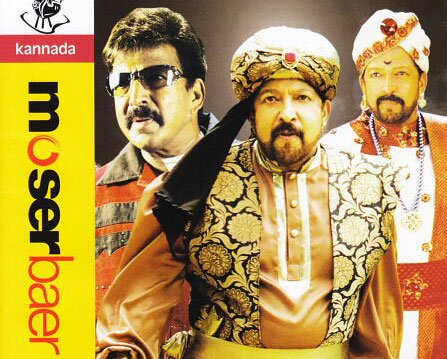
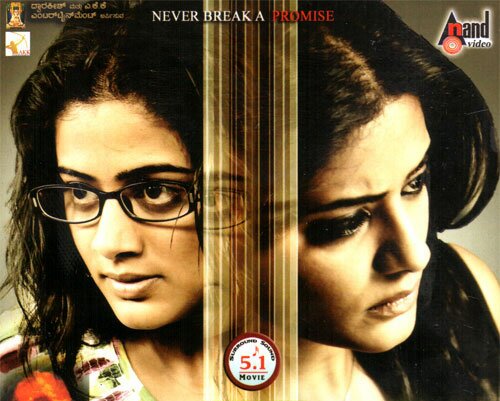
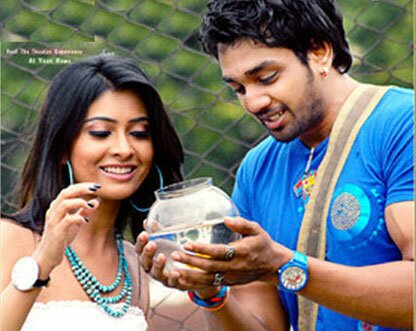
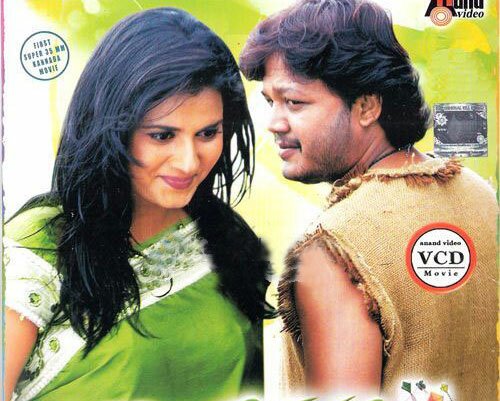
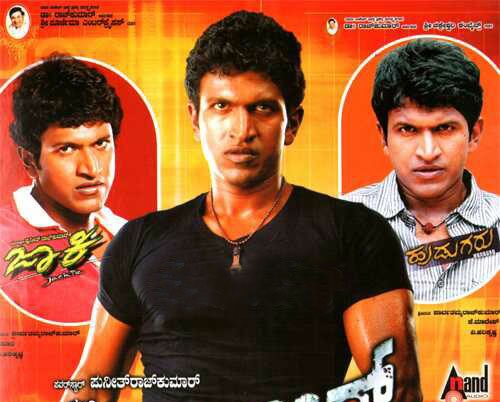
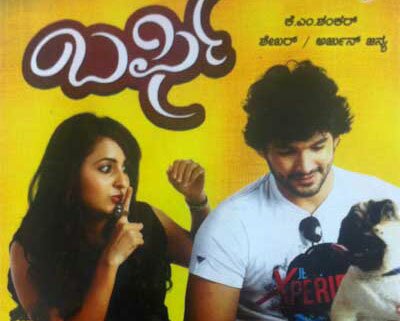
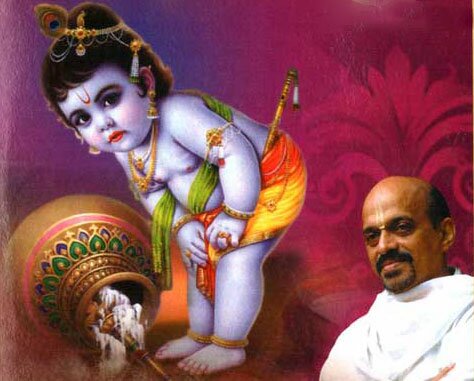
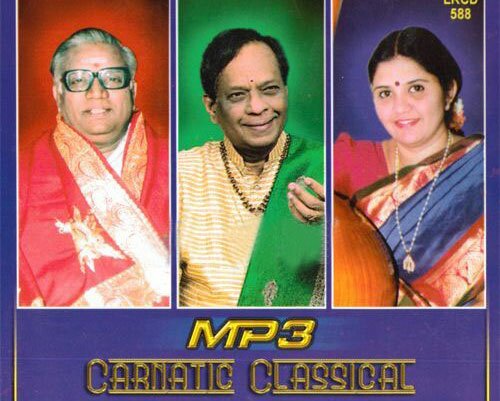
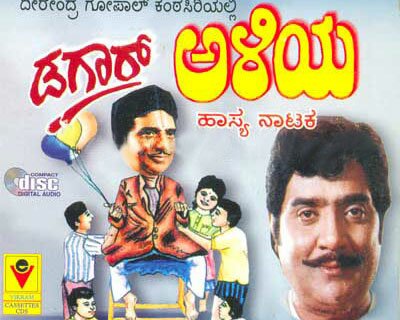
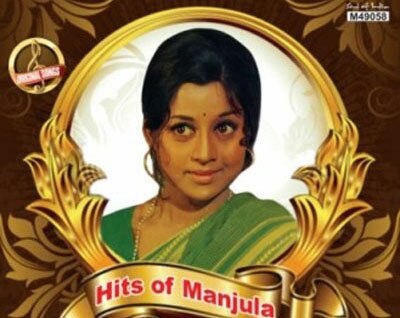
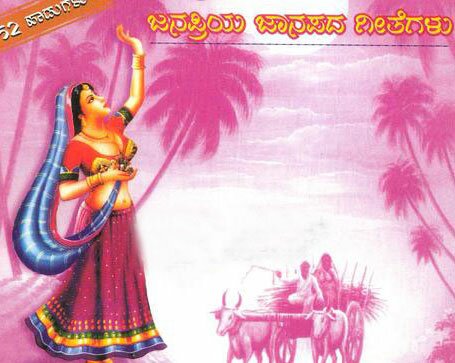
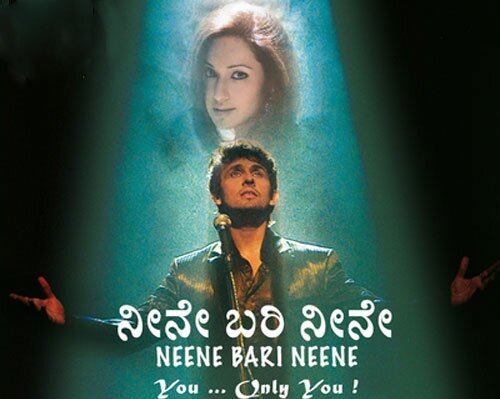
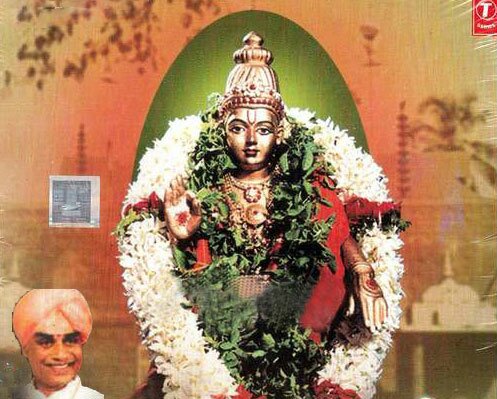
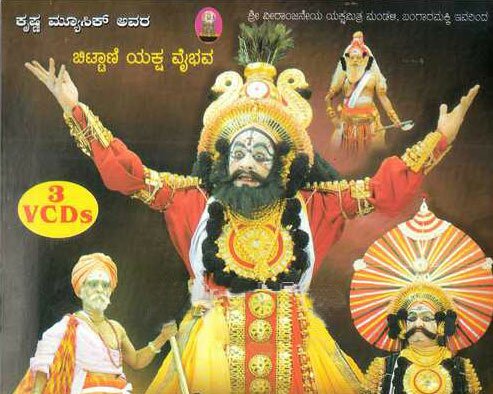
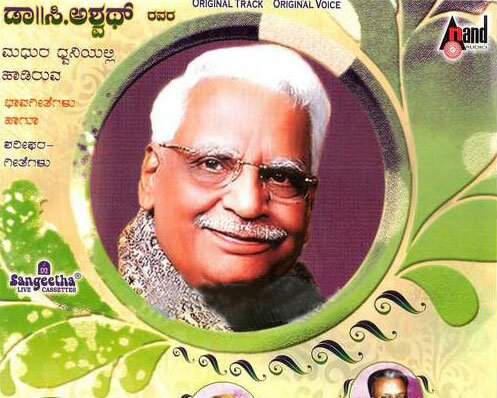
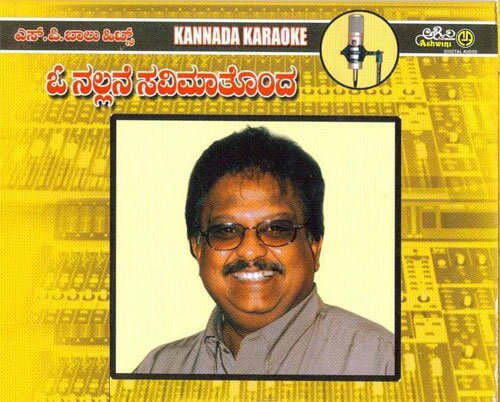

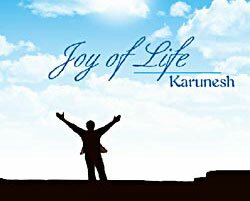
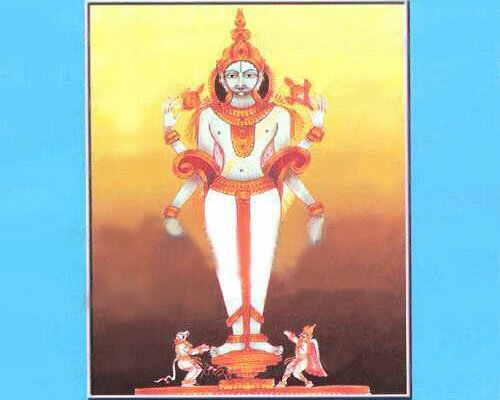
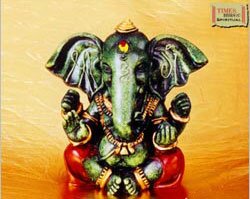
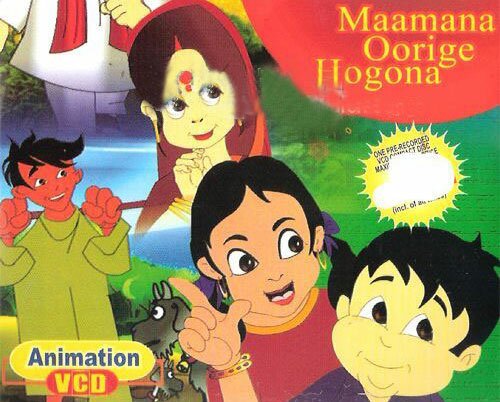
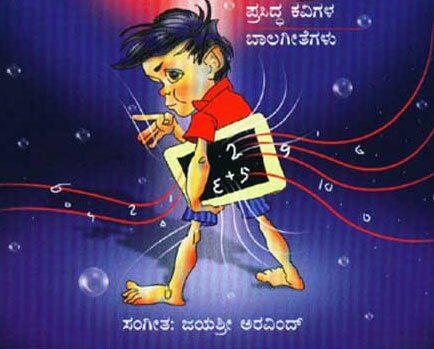

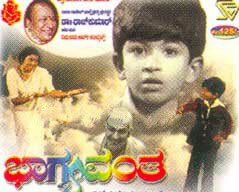
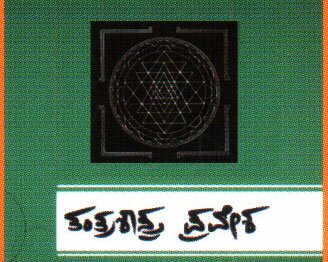
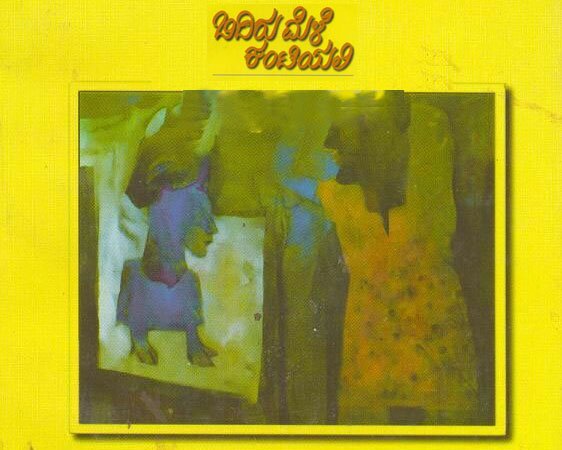
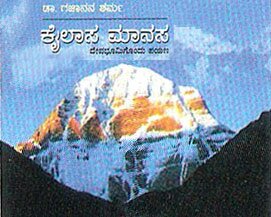

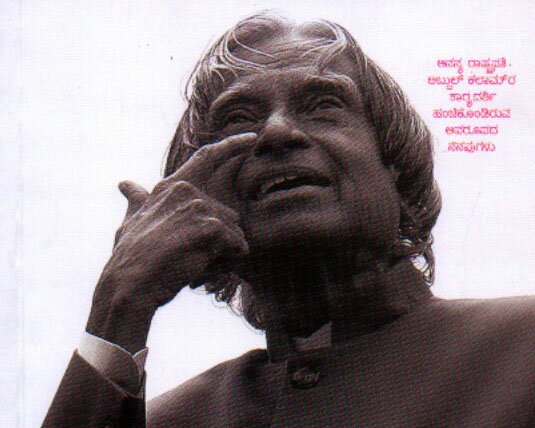
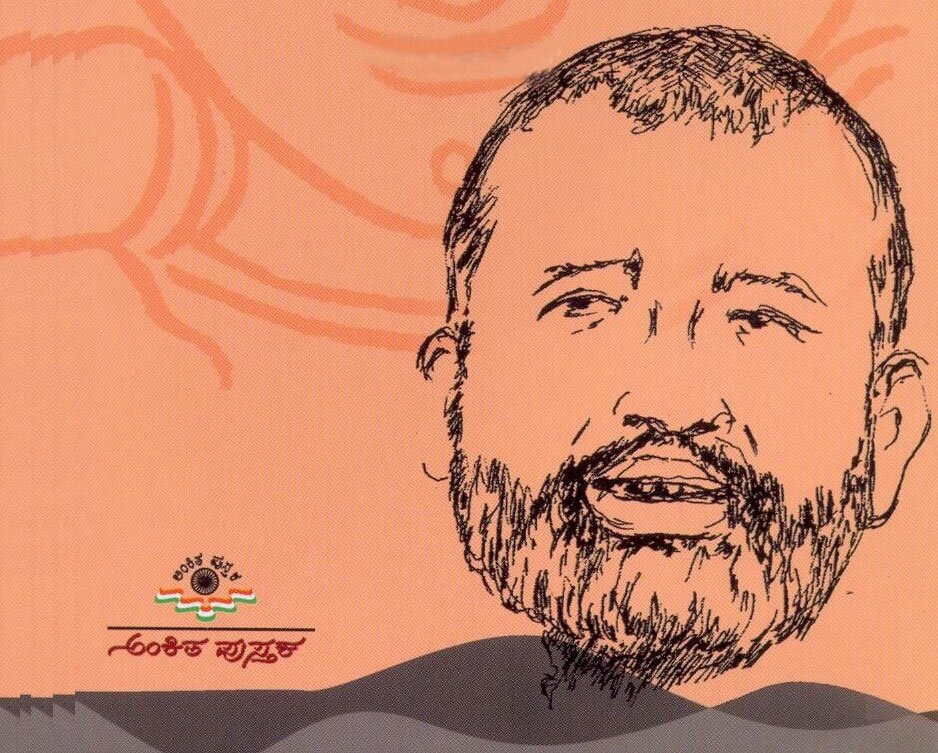
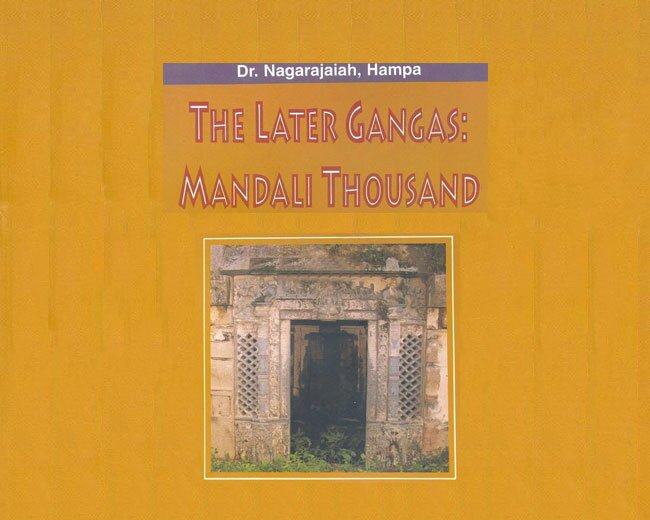
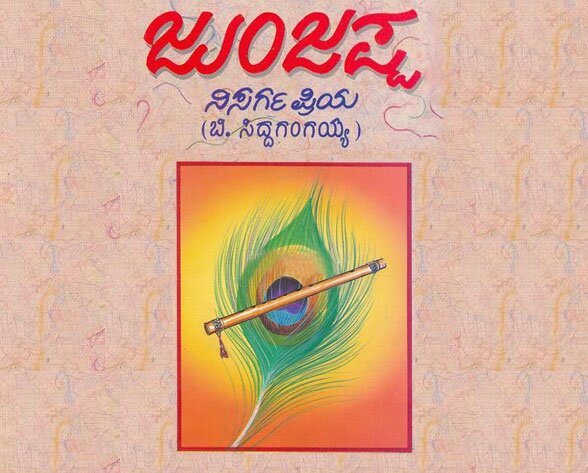
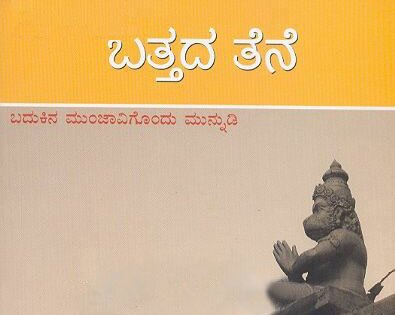
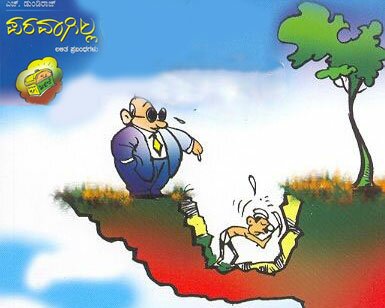
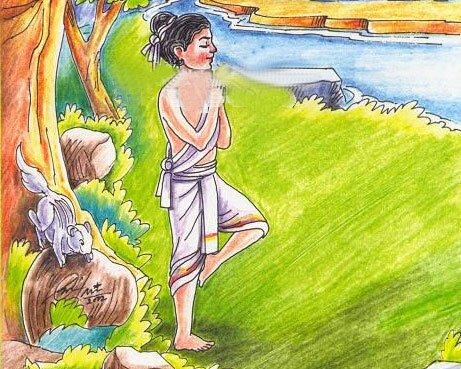
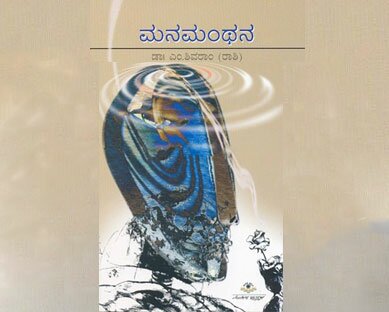
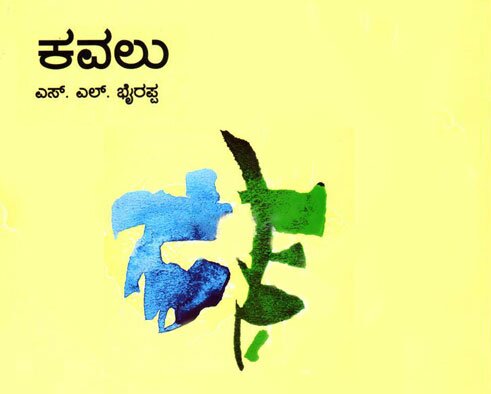
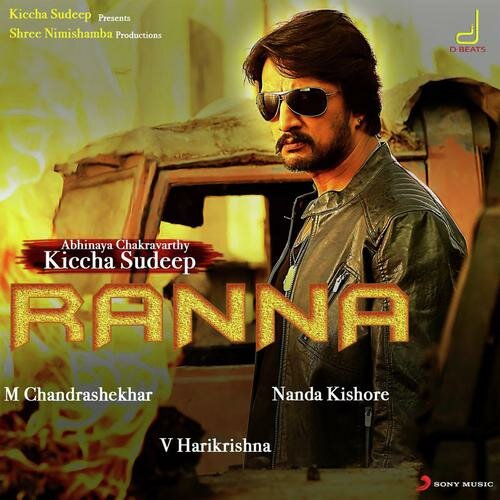
 99.00
99.00


